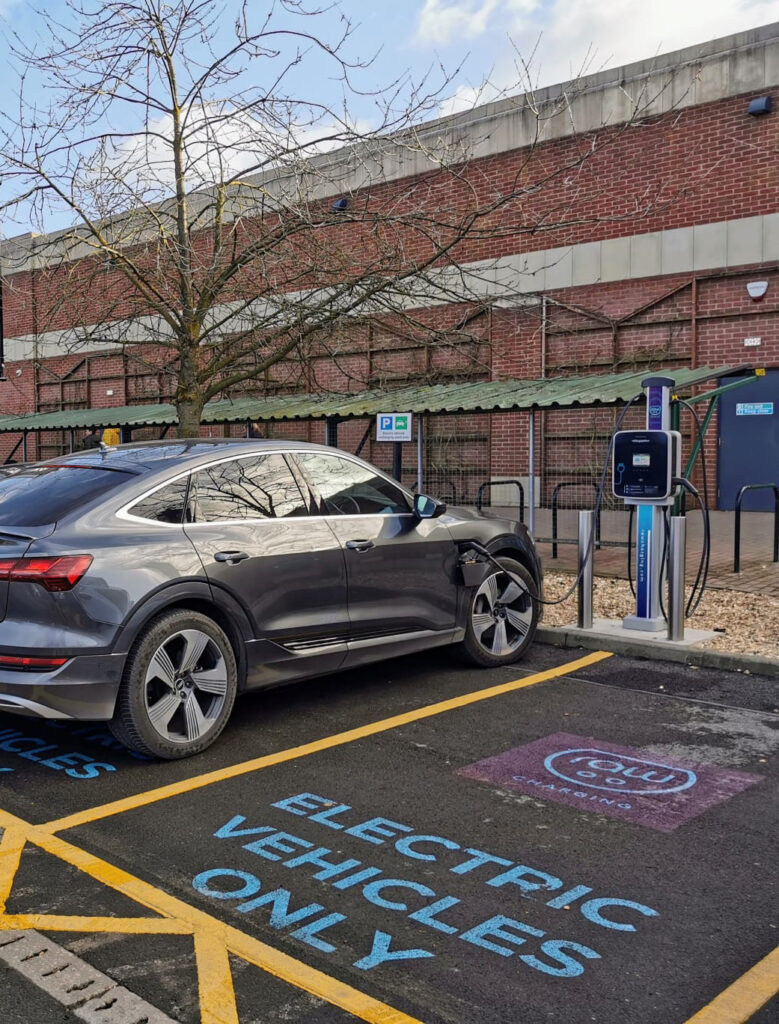THE SUCCESS of electric vehicle (EV) charger roll out plans could be hampered by poor digital connectivity, new research has suggested.
Research by connectivity consultant FarrPoint has revealed that weak connectivity could be a challenge for the success of EV chargers, and could impact user safety.
A UK-wide survey evaluated 4G performance at 96 EV charging locations, with its findings amplifying concerns.

Only around 30% of charging points have coverage from all four mobile operators. This situation leaves multiple clients unable to log into the app or web – a requirement to access and pay for the charging service.
Steve Smith, Head of Smart Places at FarrPoint, said: “I’ve lost count of the number of times I’ve found the display showing a ‘communication problem’, or having an insufficient mobile signal to even start a charging session via an app.
“As demand for EV charging increases, charge point operators should consider digital connectivity as being equally important as physical space and available power supply to help avoid future issues.”
Findings also revealed near 20 points had only a 50% chance of having mobile coverage.
This is a pertinent issue as most chargers are in dark locations leaving users disconnected in case help is required.
The tech company’s findings follow Heycar’s campaign for the Government to improve safety measures at EV chagrin points.
FarrPoint’s research follows the launch of a campaign by online car marketplace heycar which calls for the Government to introduce minimum safety standards at EV charging locations,
This followed a survey from HonestJohn.co.uk which revealed that nine in ten respondents felt unsafe at charge points.
Steve Smith continued: “Operators should be thinking about ways to make the EV charging infrastructure safer, as lack of connectivity can also cause potential safety issues at charging points.
“CCTV requires stable, high bandwidth connectivity to operate, and the emergency contact button at a charging point also needs reliable connectivity to ensure it works when required.”
This is not the first time EV charging points have faced criticism – a BBC disclosure investigation recently revealed nearly a quarter of all stations were faulty.

